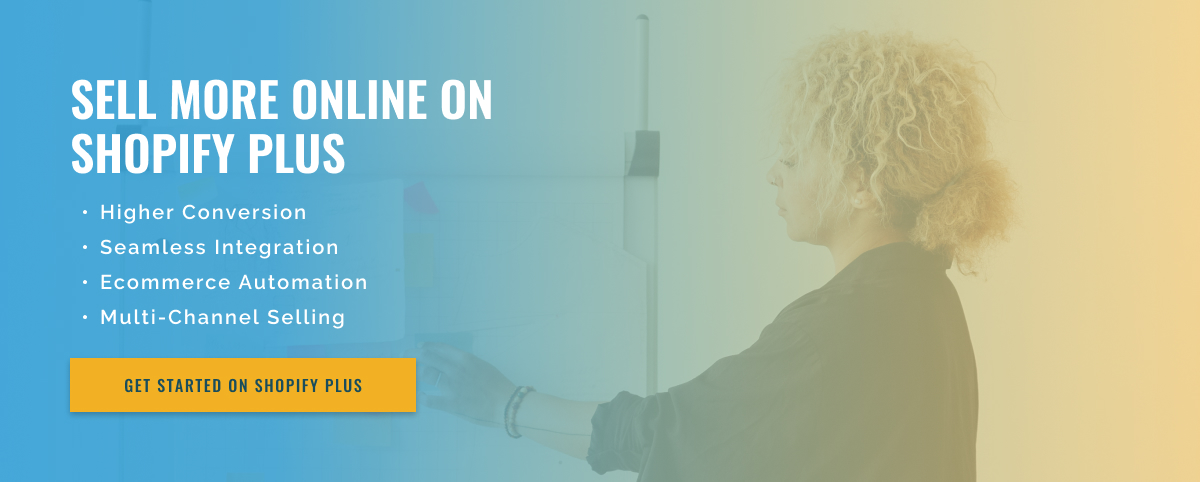2.5 minute read
Key Considerations for B2B Migration to Shopify Plus
In today’s competitive digital ecosystem, B2B companies are looking for new ways to simplify their online presence while increasing sales. Shopify Plus offers an enterprise-class eCommerce platform for B2B companies that can scale as their business grows. As more businesses consider Shopify Plus for their B2B needs, here are the key considerations to keep in mind when migrating to Shopify Plus.
The first and most important consideration for B2B companies looking to migrate to Shopify Plus is to determine their current and future system requirements. This impacts the features and integrations the business needs from the eCommerce platform. It’s important to look beyond basic functions like checkout and payment processing, and consider more specialized needs like order management, business intelligence, accounting, order fulfillment, shipping, and customer service functions.
Another important consideration is the cost of migrating to Shopify Plus. While the platform offers a range of features and service levels, it comes at a price. It is important to estimate the costs associated with the migration, including all upfront and recurring costs. Companies should also consider long-term return on investment (ROI) when migrating to the platform.
Finally, businesses should consider scalability when migrating to Shopify Plus. Unlike other eCommerce platforms, Shopify Plus’ hosting and server infrastructure can be easily expanded depending on the needs of the business. This ensures that the platform can handle more traffic and orders as your business grows. Additionally, the platform’s ability to integrate with existing systems and applications can improve customer experience and help ensure continuity between different parts of a company’s operations.
When migrating to Shopify Plus, B2B companies should keep these important considerations in mind to ensure their migration is successful. It is important to evaluate the features and services required, the costs associated with the migration, and the scalability of the platform. Ultimately, taking these considerations into account will help the business find the eCommerce solution that best suits its specific needs.

